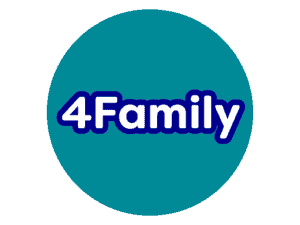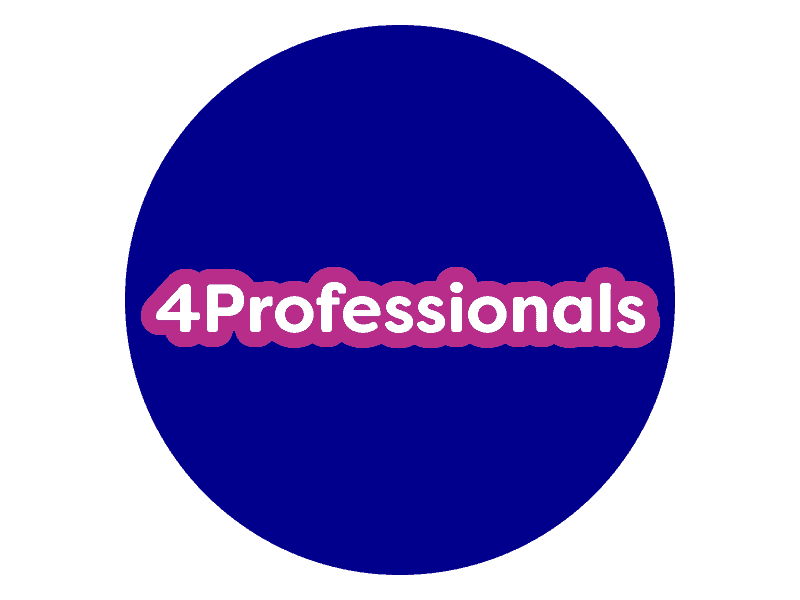Exploring Birth Plans: Are They Worth The Paper They are Written On?
By Maddie McMahon – Developing Doulas, Founder
Instagram @developingdoulas

If you’re pregnant or have ever hung out with new parents, I’d take a bet that you have heard the phrase “my birth plan went out of the window” many, many times. It’s a trope that has burrowed its way into the fabric of our society and the implied attitudes to childbirth in the UK require quite a lot of unpicking.
When I hear someone say this, if the opportunity arises, I say, ‘tell me about your birth.’ Most people don’t need a second invitation to pour out the whole story. It will often include details of the pregnancy and the hopes and dreams they had for the birth. I may ask a few questions to fill in the details but essentially, the narratives are very similar; they had planned for a natural birth but then things went in another direction so there was no point having a birth plan.
If it feels right, I am often able to gently tease some threads out of the narrative:
‘Ah so you planned to give birth in the Midwife Led Unit and you stayed at home and rested and danced with your partner for quite a while, just like you’d planned. Then you laboured in the pool for quite a few hours, just like you’d planned. How lovely. And how wonderful that the lights were low and your music was on as he was born, just like you’d planned. Ahh and the skin to skin cuddles you got immediately he was born must have been amazing….just like you’d planned. Sounds like quite a lot of your birth plans didn’t go out of the window at all.’
We seem to be selling people the idea that if the baby doesn’t come out in precisely the way we planned it, somehow that invalidates the whole concept of a birth plan. I have heard maternity staff saying that we “can’t plan birth”, truly believing they are being wise and knowledgeable when they go on to accuse people like me of putting unrealistic ideas into people’s heads and setting them up for disappointment and failure.
I have some feelings about these attitudes that I’d like to share if you have a couple of minutes. You see, I’m the first to agree that new parents’ expectations need to be managed – for two reasons. Firstly, nature favours the species, not the individual. So whilst for the vast majority of us, birth can unfold without too much fuss or drama, Mother Nature can throw us a curveball at any moment. Secondly, the maternity system as it currently exists is not set up to favour the individual, either. It is designed to manage populations and cope with fewer staff and resources than it requires. This can result in environments and people that do not make you feel relaxed and safe. And when that happens, it can affect the flow of your hormones and impact the progress of your labour. A struggling system can also be tempted to speed up your journey; from induction to augmentation of labour, the conveyor belt approach to maternity care can spit people out the other end feeling at best a bit meh and at worst suffering from trauma or even PTSD.
So if you have some feelings about your labour or birth there are some reasons to give it some thought and preparation. How you want to give birth is irrelevant – whether you want a natural homebirth with a pool, whale music and scented candles or an elective caesarean, the reason to make a plan is the same. A plan is to communicate how you want and need to be cared for. In other words, what do you need in order to feel safe?
For example, if I were writing a birth plan now, my top requirement would be to state that I need everyone to attract my attention by looking me in the eye, and never to come up behind me and tap me on the shoulder. This is because I was once attacked from behind and I’m a little deaf, so can be easily startled. And why would this be important in the birth room? Well, birth is all about the hormones of calm and connection. Labour progresses well and babies are born in good condition if the birthing person has felt safe, calm, loved and nurtured. Even during a surgical birth, both mother and child will have a happier, healthier time of it if they are not feeling triggered, lonely, scared or stressed.
So it can make the whole experience more conducive if you put some time into planning your big day. And actually, what we’re talking about here are plans, plural, rather than one rigid plan. Of course we all understand that birth can be unpredictable, so families need plans for all the ways their births could unfold. What I usually find when working with parents is that their main requirements would be the same, whatever birth environment they find themselves in. My personal example above would be the same whether I was birthing at home, in a midwife led unit, in an obstetric unit or in the operating theatre.
Perhaps, in an ideal world, in which we could get to know a midwife during pregnancy who would be with us during labour, we would be able to relax in the knowledge that the midwife would have an intimate understanding of our wants and needs. However, the reality is that for most parents, the first time they meet the midwife who will accompany them through the birth is when they go into labour. This can be hard on both midwife and mother/birthing person. A birth plan can be a really useful tool for a midwife. It helps them get up to speed on how you wish to be cared for.
But let’s rewind a few weeks. Most people will tell you that the process of devising a birth plan is as important as the end result. If we are to truly feel autonomous and in control in the birthroom, we need to know what our choices are. And for those choices to be informed, we need to know the pros and cons. I often say that creating a birth plan is like surveying the landscape from the top of a hill. You can see the different paths, spot the obstacles and work out the way that looks easiest or more beautiful. That perception may well be very individual to you – we all have different preferences and needs.
A lot of people ask me what their birth plan should look like. There are no hard and fast rules, other than make it yours. It’s a tailor made document, not a tick box exercise or list provided by the NHS. I usually suggest a couple of sides of A4; with your ideal scenario on one side and your preferences and needs in case of the ‘What If’ scenarios on the other. However, your plan should reflect the individual that is you, so I have seen plans that are pictures, diagrams, and even once a video that I had to show the midwife on my phone when we arrived at the hospital.
Likewise, your plan does not have to be rigid; it is ok to say that you haven’t decided yet, or don’t know how you might feel until the moment arises. I also suggest heading up the first page with a short paragraph introducing yourselves and making a human connection with the people caring for you. For example:
“Hello, we are Ash and Omar. This is our 1st baby and we would love a natural birth on the birth centre. We suffered a miscarriage last year, so this pregnancy has been filled with anxiety. Please speak softly to us. Thank you for being here and helping us achieve the gentle birth we are hoping for.”
Remember that plans can change – at any point, for any reason or none! You are the boss, so you do not have to justify why you have changed your mind. Likewise, many people find that their birthplans might contain a ‘non-negotiable’ or two. These are things that they require, whatever the circumstances. These might be things like ‘no touching me without my consent’ or ‘no talking about me without me’ but could be anything that you feel is necessary or vital for your wellbeing.
Writing some other notes during pregnancy can be useful too. These may not be for your midwife or doctor but for the other people in your life. For example, as a doula I often have a document from my clients telling me the phone numbers of the grandparents, the address of the childminder, where they keep the garage key and all sorts of possibly useful information. The rest of your family might also appreciate knowing a little about how you would like to be supported after the baby is born. Who is going to feed you, do the housework, deal with any nursery or school runs?
Bringing a whole new human into the world is a huge deal. I think it’s safe to say that it is one of the most important times in your life. We never hear anyone say it’s pointless to plan a wedding because who knows what the weather is going to be like. No, we gather our information, ask questions, check facts and weigh up options. We even have wedding planners to help. Perhaps your birth deserves the same care and attention to detail? After all, just like a wedding, your birth is the start of a lifelong relationship. If we can come out of birth feeling strong, happy, healthy and empowered, it sets us off on our parenting journey on the right foot.
So if people tell you not to bother with a birthplan, remember that you are the CEO of your birth. Your staff need to know how you want this project to pan out and most importantly, you deserve the individualised care and attention that a birthplan facilitates. Any doula or antenatal teacher would be happy to support you through the process of creating your plan. Happy planning!
Useful links:
https://birthmap.life/is-there-such-a-thing-as-forced-professional-passivity/?amp=1
https://www.sciencedirect.com/science/article/pii/S0266613823002097









